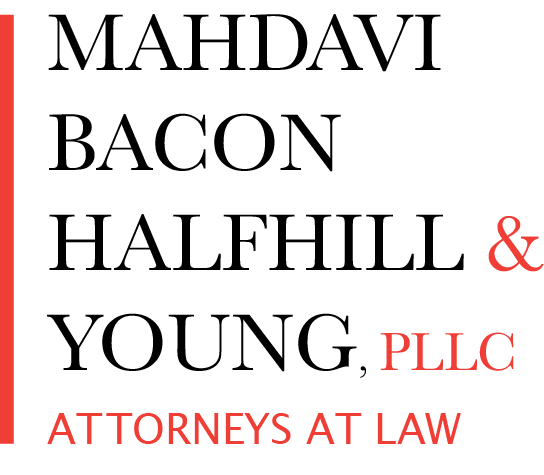Dealers: You must take audits very seriously. From reports around the country, franchisors have been increasing their audit activity.
Of special concern are vehicle exports – vehicles that you have sold that wind up in another country. Some states have taken steps to give you rights in connection with export audits. They have required that in any export case, a franchisor must show that the dealer knew or had reason to know that the buyer intended to export the vehicle. Even in other states where that has not taken place, a dealer who had no reason to know that a car would be exported might have the ability to challenge an export chargeback. The strict liability of a dealer that had no knowledge of a buyer’s intent to export may be against public policy. A dealer is not in a position to limit what a buyer may do with the vehicle it purchases. That limitation would be a violation of the buyer’s property rights and thus contrary to public policy.
The bottom line, however, is that no matter what type of audit you are dealing with, the dealership must treat it seriously. Generally, there is a substantial amount of money on the line. Because of that, it is not something a dealership should treat lightly.
Dealer management cannot just assume it knows how to handle challenges. You have to know the rules for making a challenge using the franchisor’s appeal process. You have to know the rules by which you can challenge through state processes. Only if you properly go through the processes can you be assured that your challenge will be appropriately considered.
While you can handle the appeal to the franchisor on your own, you should recognize that any request for a hearing permitted by state law commences an adjudicating process. That means it is your against the factory. While the hearing, the rights of the parties, and the burden and nature of proof for your case may differ from those aspects of a court trial, in the end they are both litigation processes of dealer versus factory.
*This article is for educational purposes, and it is not to be considered legal advice. Feel free to contact Mahdavi, Bacon, Halfhill & Young, PLLC at www.mbhylaw.com or at (703) 420-7620 if you have questions.

